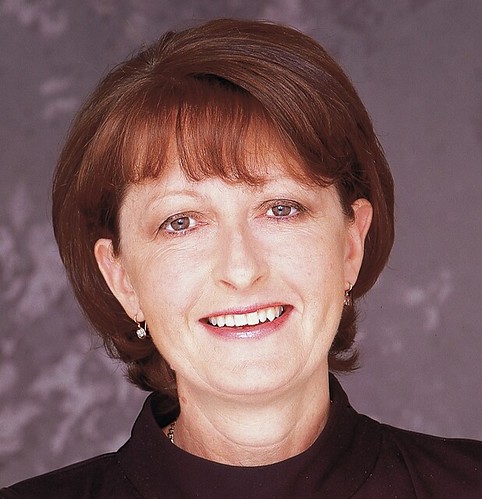When science ain't science
1. Describe the preparations of Sulphur used for cure of itch insect. Give the different methods of applying them.
2. Psorinum and Sulphur are Psoric remedies. Discuss the ways in which the symptoms of these remedies reflect their miasmatic nature.
According to the author, David Colquhoun from the Department of Pharmacology at the University College London, the former question was first set at his own institution in 1863, at a time when the London cholera outbreak was thought to be caused by vapours (miasmas).
The second question was part of the 2005 homeopathy exam at London’s University of Westminster’s.
Apparently, three UK universities now offer science degrees in homeopathy, and of 61 university or college level complementary medicine courses, 45 are BSc honours degrees.
A long term skeptic of complementary medicine, Coulquhoun has his own website devoted to publicising “assorted dubious, erroneous, nutty or downright fraudulent claims about drugs and other sorts of treatment”.
His particular beef is CAM making its way into universities, who he claims have a duty to ensure science degrees are scientific. Most CAM is not science because the vast majority of it is not based on empirical evidence, he says. Even worse, he claims many of its doctrines and practitioners are openly anti-science, and challenge the notion of objective evidence.
At least, says Colquhoun, other “mickey mouse” degrees, such as golf-course management and baking, offered at the “new” universities are honest, and what you see is what you get.
On the other hand, antiscientific science degrees may be a good way for universities to make money, he says, but in doing so are becoming the antithesis of what a university should be.
Labels: CAM




